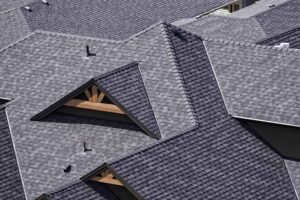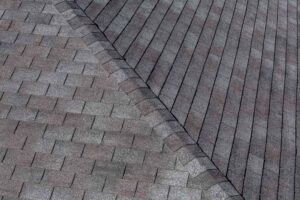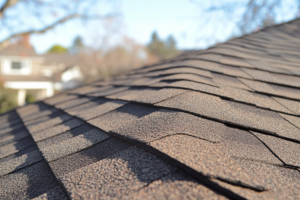At Summit Roofing & Solar, we work with asphalt shingles every day. We install them, inspect them for damage, and replace them when storms hit. But have you ever wondered what actually goes into making them?
Most homeowners don’t think much about their roof—until something goes wrong. Then suddenly, you’re researching shingles, durability, and the best materials for handling Florida’s unpredictable weather. We get it. That’s why we’re pulling back the curtain to answer two key questions: How are asphalt shingles made? And what makes asphalt shingles durable enough to handle strong winds and heavy rain?
If you’re planning a roof replacement or just curious about what’s protecting your home, keep reading. We’ll break down the materials, manufacturing process, and why asphalt shingles are the top choice for Jacksonville homeowners.
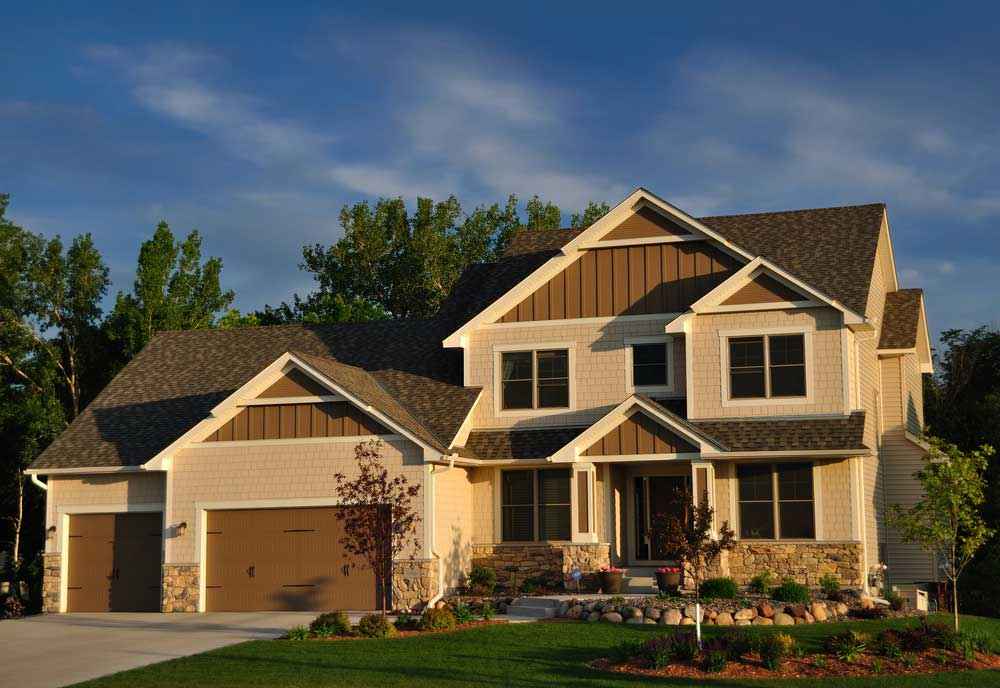
What’s Inside an Asphalt Shingle? The Key Components
Asphalt shingles may look simple, but they are made of multiple layers, each serving a specific purpose.
Fiberglass or Organic Mat Base
The foundation of an asphalt shingle is its base layer. Manufacturers use either fiberglass mats, which are lightweight, strong, and resistant to fire, or organic mats, which are thicker and made from cellulose materials like wood fiber or recycled paper. Today, most shingles use fiberglass mats because they’re more durable and moisture-resistant.
Asphalt Coating
Asphalt gives shingles their waterproof properties. The base mat is saturated with asphalt mixed with stabilizers to improve strength and flexibility.
Protective Granules
Ceramic-coated granules are added to the top layer of the shingle. These tiny but powerful elements shield the shingles from UV rays, provide color and curb appeal, and offer extra fire resistance. Some shingles even contain algae-resistant granules, perfect for humid areas like Florida.
Adhesive Sealant
Each shingle has a strip of adhesive that helps it bond with neighboring shingles when exposed to sunlight. This creates a tight seal that enhances wind resistance.
How Are Asphalt Shingles Made? Step-by-Step Process
Shingles don’t just roll off a machine ready to go. The process is precise and carefully controlled to ensure quality and durability.
Creating the Base Mat
Fiberglass threads are woven together to form a sturdy, flexible mat. The mat is coated with resin and rolled into sheets.
Saturating with Asphalt
The mat moves through heated asphalt, which soaks into the fibers. Special fillers are added to increase weather resistance.
Adding Protective Granules
While the asphalt is still warm, ceramic granules are embedded into the top layer. These granules lock into place and provide extra durability.
Cutting and Bundling
Once cooled, the shingle sheets are cut into their final shapes—whether they’re three-tab, architectural, or premium shingles—and then stacked, packaged, and shipped to suppliers.
Why Are Asphalt Shingles So Durable? The Science Behind Their Strength
When you’re investing in a new roof, you want it to last. The good news is asphalt shingles are built tough. Here’s what makes them a durable option.
Weather Resistance
With strong adhesive seals and reinforced construction, asphalt shingles can handle high winds, heavy rain, and intense UV exposure. Some are even rated for winds up to 130 mph.
UV and Algae Protection
Sunlight breaks down roofing materials over time, but ceramic granules help deflect harmful rays. Many modern shingles also have algae-resistant technology to prevent those unsightly black streaks.
Impact Resistance
Some asphalt shingles are specially designed to handle hail and flying debris. These impact-resistant shingles offer an extra layer of protection in storm-prone areas.
Flexibility and Strength
Unlike rigid roofing materials, asphalt shingles expand and contract with temperature changes, reducing the risk of cracks and leaks.
Proper Installation
Even the best shingles won’t last if they’re not installed correctly. That’s why choosing a professional roofing company that follows proper techniques is just as important as the shingles themselves.
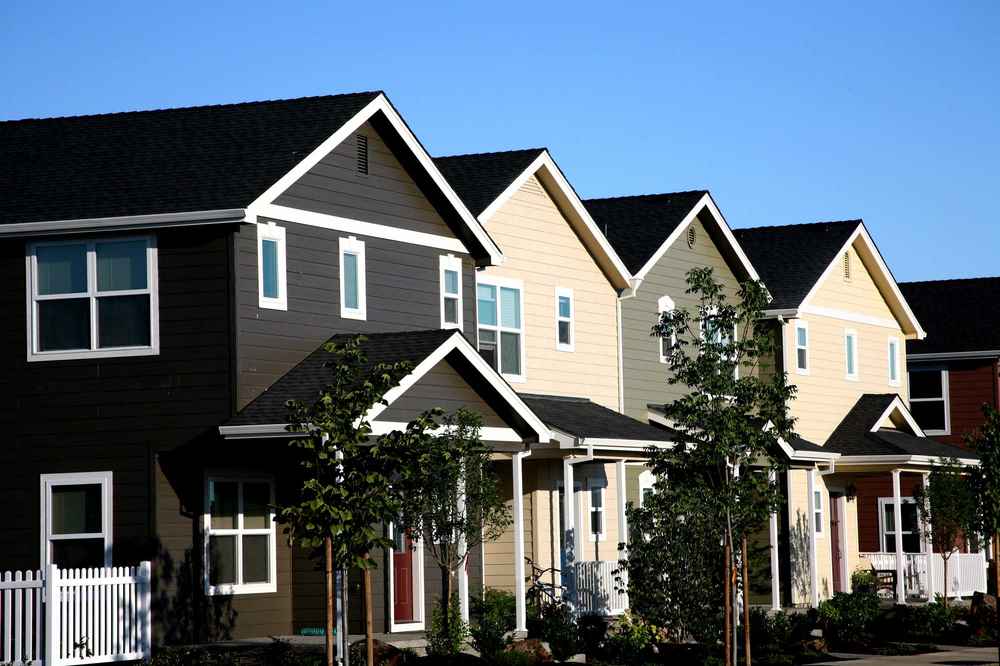
Why Jacksonville Homeowners Trust Asphalt Shingles
Florida weather is no joke. Between high heat, heavy rainfall, and hurricane-force winds, your roof takes a beating. Asphalt shingles are a great choice because they’re built to withstand strong winds and heavy rain, provide good insulation that helps keep homes cooler in the summer, come in a variety of styles to match your home’s look, and are more affordable than other roofing options.
Summit Roofing & Solar: Your Local Asphalt Shingle Experts
At Summit Roofing & Solar, we work with only the best roofing materials. That’s why we offer high-quality asphalt shingles from GAF, Owens Corning, Atlas, CertainTeed, IKO, and Tamko—manufacturers known for their durability and performance.
Here’s how we make the process easy for you.
- Thorough Roof Inspections – We assess your current roof and recommend the best options.
- Expert Installation – Our team follows strict industry standards for secure, long-lasting results.
- Storm Damage Repairs – If your roof has been damaged by wind or rain, we restore it quickly.
- Financing Options – We offer flexible payment plans through Home Run Financing and Enhancify to make your roofing project more manageable.
- Lifetime Workmanship Warranty – We stand by our work and ensure your investment is protected.
Don’t Wait Until the Next Storm—Get a Stronger Roof Today
Now that you know how asphalt shingles are made and what makes asphalt shingles durable, you can feel confident in choosing the best roof for your home. Whether you need a full replacement or just a few repairs, we are here to help.
Call Summit Roofing & Solar at 904-723-4950 today for a free estimate and expert advice on protecting your home.
Your home deserves a roof that’s built to last. Let’s make it happen.

